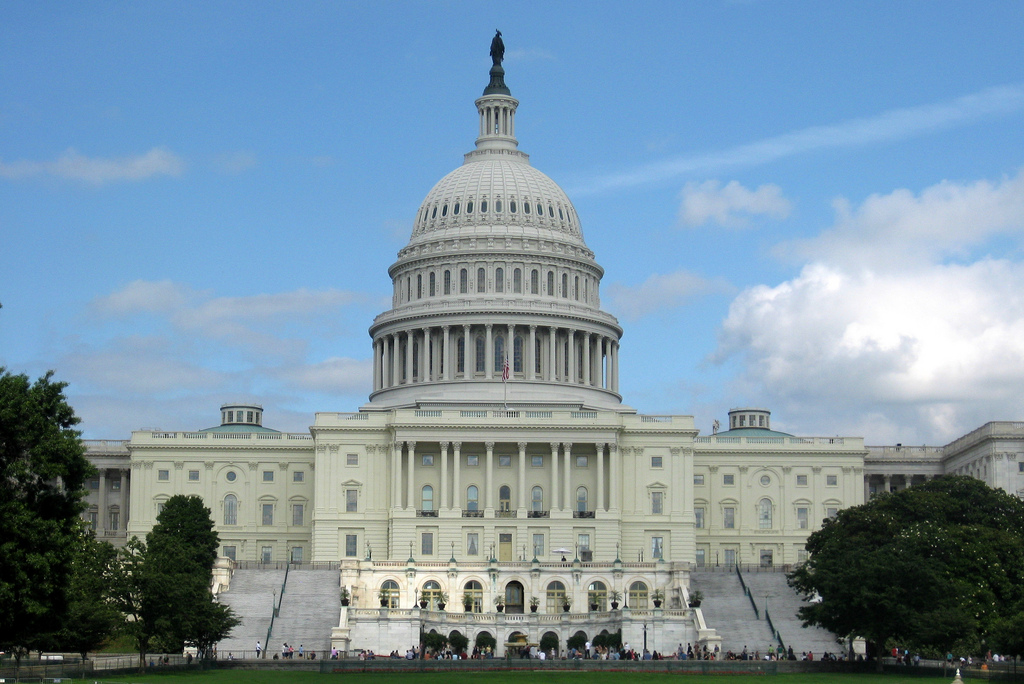By Fredric Rolando. Originally appeared in The Washington Examiner.
Though the U.S. Postal Service is older than the country itself, delivers to 153 million homes and businesses six and increasingly seven days a week, and consistently ranks as the public’s most trusted federal agency with 80-plus percent approval, misleading “conventional wisdom” persists.
Some of it, unfortunately, was contained in a recent Washington Examiner commentary piece. It evoked “peril for the taxpayers” and cited a “broken business model” responsible for a “deficit of more than $50 billion since 2007.”
That feeds into a myth that goes something like this: Growing Internet usage to pay bills and send greetings causes the Postal Service to lose billions of dollars a year; and since taxpayers are on the hook, services must be degraded.
Fortunately, none of this is true.
That’s critical, because the Postal Service isn’t funded by taxpayers; by law, it earns its revenue selling stamps and services.
There is postal red ink; it stems, however, not from the mail or a “broken business model,” but from Washington politics. In 2006, a lame-duck Congress mandated that the Postal Service prefund future retiree health benefits. No other agency or company has to prefund for one year; but the Postal Service must prefund 75 years into the future and pay for it all over a decade. That $5.6 billion annual charge is the “deficit.”
Some in Washington hope to use this artificial financial crisis to achieve something they’ve long sought — the dismantling, even privatization, of a popular public agency.
To do so, they need to convince people that the services they rely on are the problem. So, the mail must be slowed. Delivery days must be reduced by eliminating Saturday and perhaps other days, meaning that small businesses won’t get their weekend checks and orders while veterans and the elderly wait longer for government benefits and other important items. Door-to-door delivery must be phased out, compelling millions to traipse around neighborhoods in inclement weather seeking cluster boxes.
But degrading postal networks that have returned to profitability is illogical. It would hurt residents and business owners and send the Postal Service into a downward spiral by driving mail away. It would ignore the actual problem — prefunding. And it would cost jobs. The national mailing industry, dependent on a robust Postal Service, employs 7.5 million Americans in the private sector.
Even more is at stake. The Postal Service unifies this vast nation and enhances local security. Daily on their routes, letter carriers save elderly residents who’ve fallen or taken ill, remove people from burning cars after accidents, find missing children and stop crimes in progress. In May, letter carriers again conducted the country’s largest single food drive, restocking food pantries everywhere.
The Postal Service enjoys support from many conservatives not only because letter carriers engage with their communities and because the agency doesn’t cost taxpayers anything. It’s also because its existence is based on the Constitution, it’s the largest employer of military veterans and it’s critical to rural areas and small businesses.
Private carriers like FedEx and UPS bring millions of their packages to post offices for last-mile delivery via efficient postal networks, saving their customers money. Meanwhile, to better serve its customers, Amazon has signed deals with the Postal Service to deliver goods on Sunday.
Here’s something you might not know: When after 9/11 President George W. Bush sought to protect Americans from a potential biological attack, he turned to the Postal Service (the nation’s only universal delivery network) and to letter carriers (one-quarter of them wearing their second uniform). The result was the Cities’ Readiness Initiative: Letter carriers in several metropolitan areas have voluntarily stockpiled and trained to deliver medicines to every household within 48 hours. Imagine the cost of assembling this program from scratch.
This is some of what would be jeopardized by those who — pursuing an ideological agenda and ignoring the facts — aim to dismantle a national treasure.
A more constructive solution beckons. Lawmakers should fix the prefunding fiasco, thereby allowing the Postal Service to continue adapting to an evolving society — while offering Americans the world’s most-affordable delivery network.

